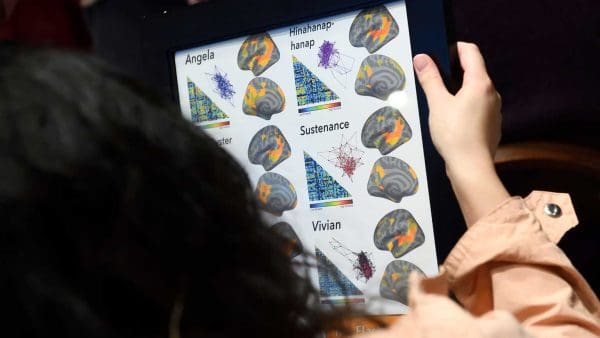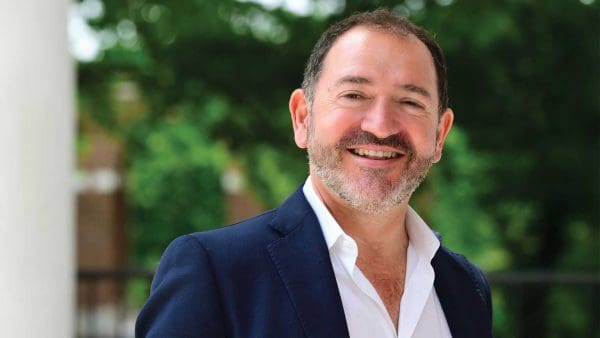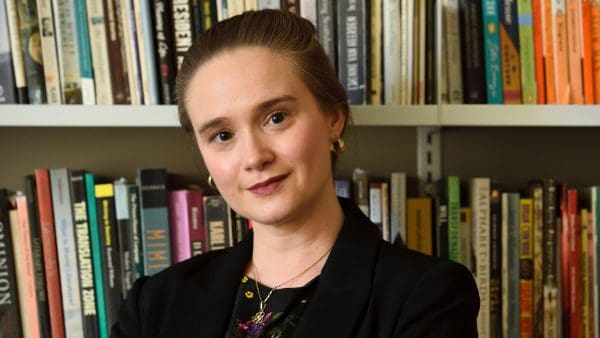
An influential scholar in the field of politics and constitutional law, Howard joined the Johns Hopkins faculty in 1967 as an associate professor. Raised in Prestonsburg, Kentucky, Howard graduated summa cum laude from Duke University, where he received a bachelor’s degree in political science in 1952. He earned two master’s degrees, one in 1954 and the other a year later, from the Woodrow Wilson School of Public and International Affairs at Princeton University. After serving in the Air Force from 1955 to 1957 in Morocco, he returned to Princeton, where he earned his doctorate in 1959. Howard’s areas of expertise were American constitutional law, the judicial process and behavior, law and society, the Supreme Court, and the U.S. Court of Appeals. He taught at Lafayette College in Pennsylvania and Duke University before coming to Hopkins. He was named a full professor at Hopkins in 1969, and he chaired the department from 1973 to 1975. He was the Thomas P. Stran Professor of Political Science until his retirement in 1996.
In addition to a number of influential articles, Howard was the author of two seminal works—Mr. Justice Murphy: A Political Biography, about Supreme Court Justice Frank Murphy; and Court of Appeals in the Federal Judicial System: A Study of the Second, Fifth, and District of Columbia Circuits, which earned him the American Bar Association Certificate in 1982. In 2008, Howard received a Lifetime Achievement Award from the American Political Science Association.

Christ was considered a trailblazer in the field of economics, where statistical analysis puts economic theories to the test.
Born in Chicago, Christ graduated in 1943 from the University of Chicago. He did not initially pursue economics, but physics, teaching it at Princeton and working on the Manhattan Project. But Christ realized he wanted to use his mathematics ability for something that “had more to do with human problems.” He went on to earn a doctoral degree from the University of Chicago and joined Johns Hopkins in 1950, where he stayed for most of the rest of his career, except for a six-year stint at the University of Chicago.
In addition to his pioneering the use of computers to test econometric models, Christ’s area of expertise was monetary and fiscal policy, especially government budget restraint. He authored four books, edited one, and published more than 40 articles in journals and books.
In 2008, when the university established a named professorship in his honor—the Center for Financial Economics’ Carl Christ Professorship—his colleagues described it as an honor for “the legacy of a man who has been an inspirational teacher and mentor to generations of Johns Hopkins students.”




